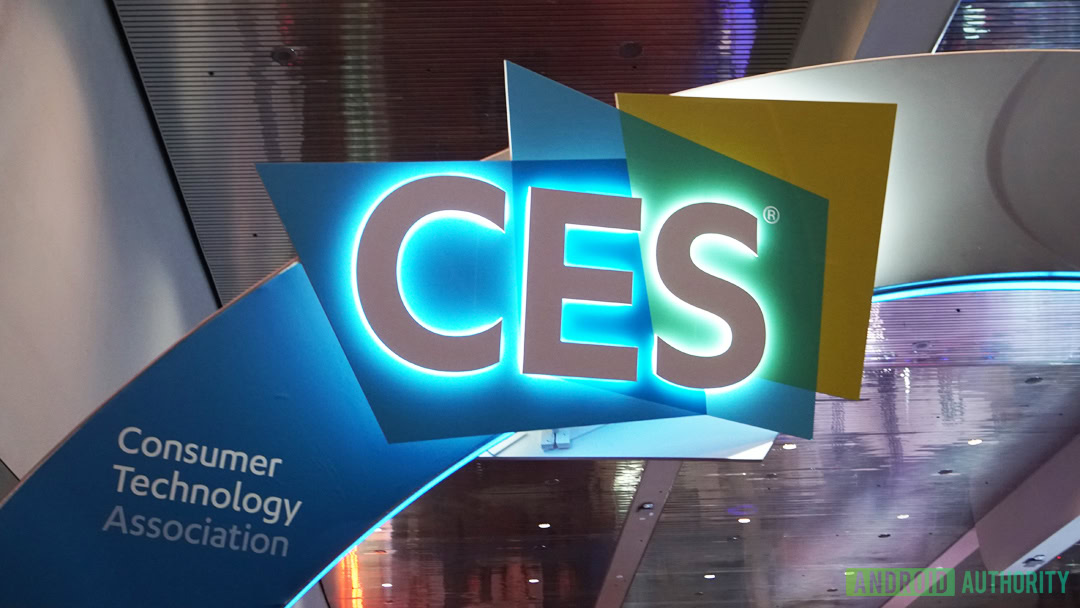Affiliate links on Android Authority may earn us a commission. Learn more.
Google quietly buys company that turns surfaces into speakers

- Google looks to have acquired UK startup Redux for an unknown amount
- Redux is known for its technology that turns surfaces into speakers
- Google did not say how it would implement Redux’s technology
The hullabaloo that is CES 2018 is still going on, and while Google has a prominent presence at the yearly gathering, the company made non-CES news with its quiet acquisition of UK startup Redux.
Taking a look at Redux’s now-defunct website, the company implements technology that turns surfaces like phone displays into speakers. With the implementation of this technology, there is no need for manufacturers to use small speakers, thus saving space in their devices for other components, such as a larger battery.
We’re not sure when Google acquired Redux, but Bloomberg reports that shares were transferred to the search giant on December 13. Google also did not say how much it paid for Redux, though the startup raised $5 million last March, so the purchase price could be in that ballpark.

As for what Google could do with Redux, the search giant may build smartphones that eschew speakers. That would surely help with any bezel-less ambitions Google might have with the Pixel line, seeing how the Pixel 2 XL trends in that direction, though the phone features two front-facing speakers.
Google could also improve its smartphones’ haptic feedback, though the company could also license out Redux’s technology and gain some revenue — according to Redux’s LinkedIn page, the company has 178 granted patents and over 50 pending patent applications. Prior to its acquisition, Redux focused not only on the mobile market, but also on the computing, automotive, and industrial markets, so its technology seems flexible enough to be used in several fields.
Details are very scant at the moment, though we will be sure to provide additional information once we get it.